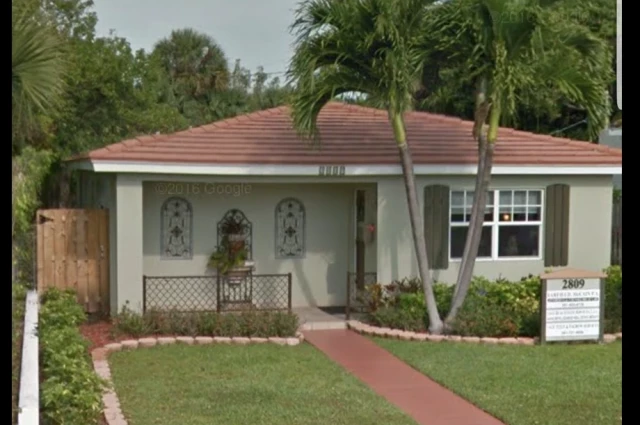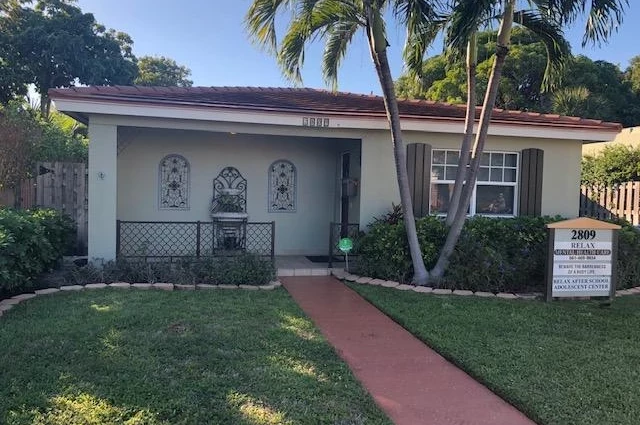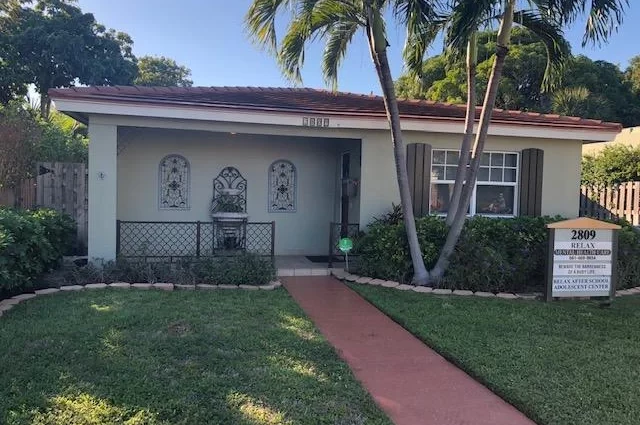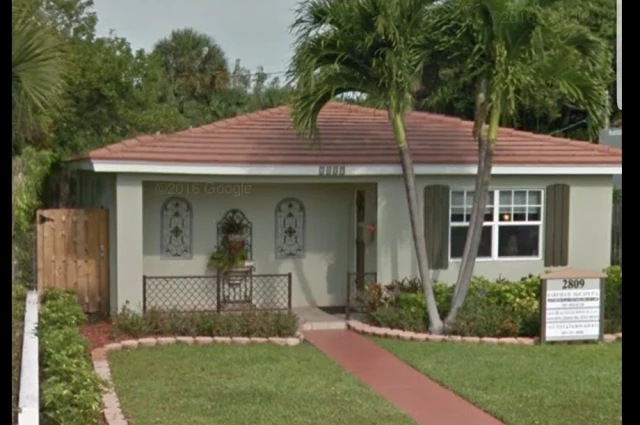Relax Medical Center Information
Treatment
Who We Treat
- Young Adults (18–25)
- Adolescents
- Older Adults
- Male and Female
- Veterans
- LGBTQ+
Approaches
- Twelve Step
Conditions We Treat
- Perinatal Mental Health
- Gambling
- Trauma
- Anger
Substances We Treat
- Benzodiazepines
- Chronic Relapse
- Alcohol
- Opioids
- Cocaine
- Methamphetamine
Languages
- English
Aftercare
- Outpatient Treatment
- Recovery Coach
- Intensive Outpatient Program
- Employment Counseling
- Continuing Care
- Support Meetings
Level of Care
- Outpatient
- Co-Occurring Mental Health
- Sober Living
Accreditations
-
State department of health
Government agencies issue State Licenses, granting rehabilitation organizations permission to operate their businesses legally within specific geographic regions. The licenses needed for legal operation are typically determined by the type of rehabilitation program offered by a facility and its physical location.

-
The Joint Commission
The Joint Commission's addiction and behavioral health accreditation signifies a facility's commitment to high-quality care. It involves rigorous evaluations and assessments of clinical practices, ensuring effective, evidence-based treatment. Accreditation showcases a dedication to continuous improvement and patient safety, instilling trust among patients, families, and healthcare professionals. It's a mark of excellence in addiction and behavioral health care.

Relax Medical Center Accepts The Following Insurance Plans
Find the best treatment options. Call our free and confidential helpline today!




